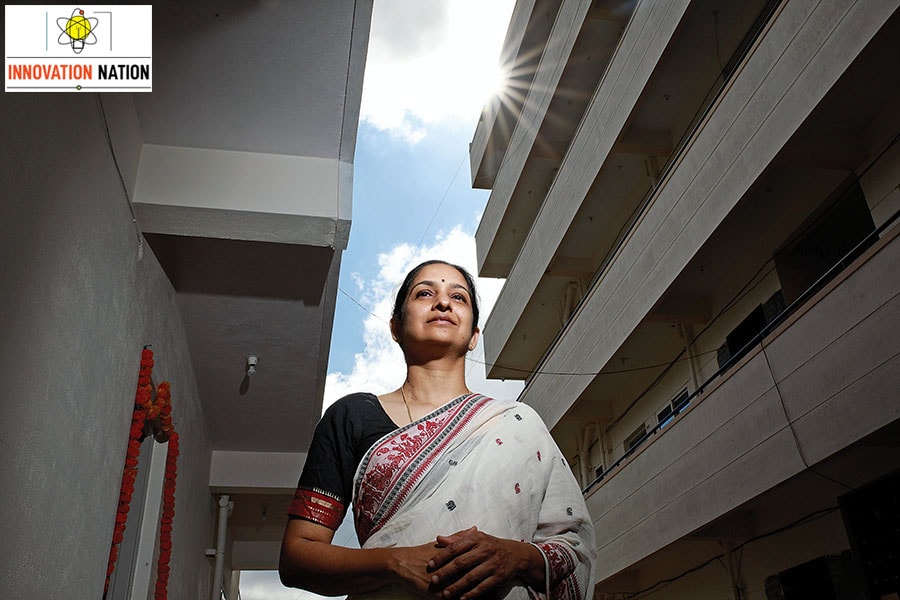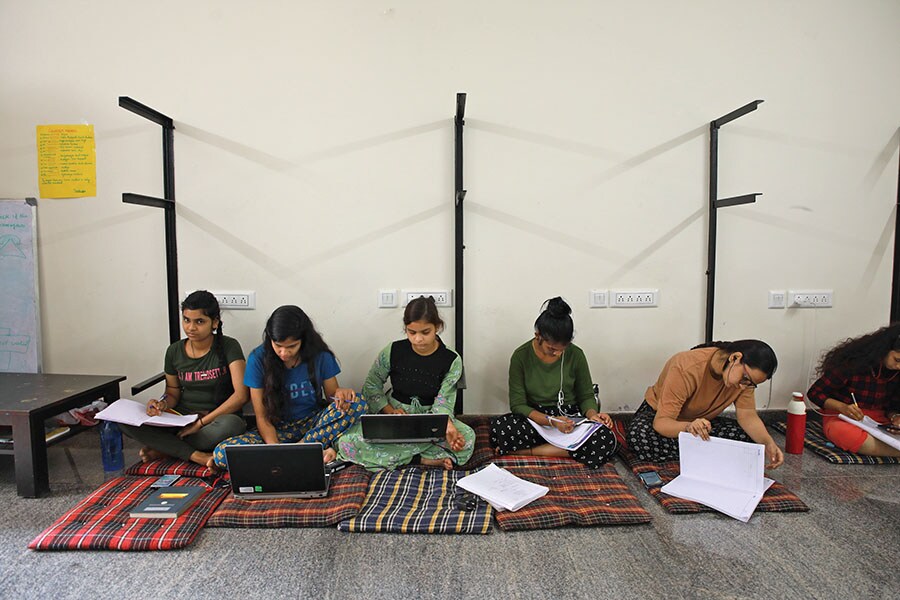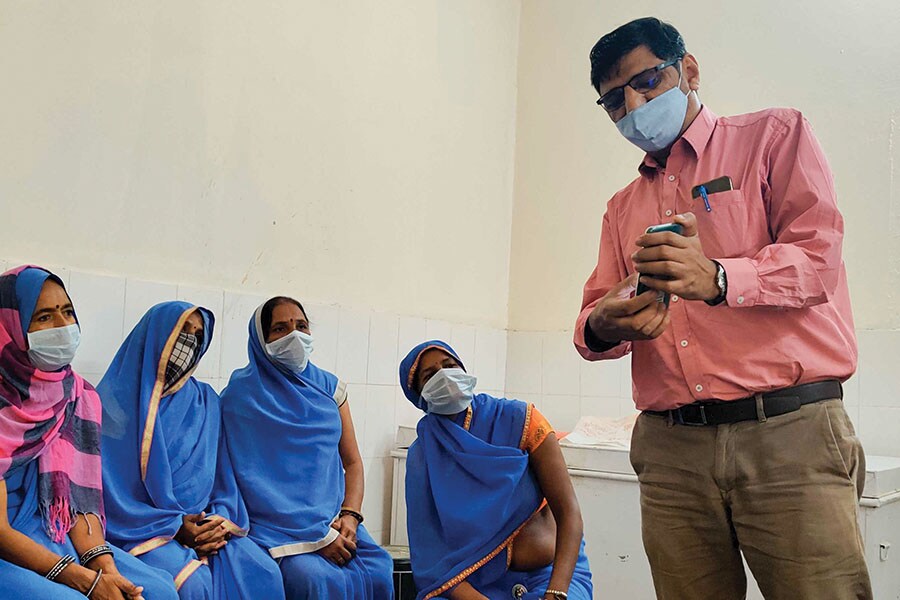
This duo incubates early-stage non-profits. Their goal: Bring 1 crore Indians out of poverty by 2025
It takes a village to create a successful, scalable non-profit startup, and Sudha Srinivasan and team at The/Nudge Centre for Social Innovation have set out to build an infrastructure that promotes disruptive, differentiated thinking to solve critical social issues
 Sudha Srinivasan, CEO, The/Nudge Centre for Social Innovation, wants to make the development sector aspirational for young non-profit entrepreneurs to start up
Sudha Srinivasan, CEO, The/Nudge Centre for Social Innovation, wants to make the development sector aspirational for young non-profit entrepreneurs to start up
Image: Selvaprakash Lakshmanan for Forbes India
After a 17-year career in the IT sector, out of which she had worked at Intel for 12 years, Sudha Srinivasan decided it was time technology was made accessible and affordable enough to be used for the benefit of people at the bottom of the pyramid in India.
It was 2016, and the thriving startup culture in Bengaluru showed her how many people were choosing purpose over money and conventional career trajectories far earlier in life. Through a common acquaintance she met Atul Satija, who after working with organisations like Google, Adobe, Samsung, Infosys and finally, being the chief business officer at InMobi, had decided to start The/Nudge Foundation to work on poverty alleviation.
The United Nations (UN), in a 2019 report, estimated that 364 million [36.4 crore] people in India are poor, which is about 28 percent of the population. India also ranked a low 131 out of 189 countries in the Human Development Index (HDI) put together by the United Nations Development Programme (UNDP) in 2020, which highlighted deep systemic issues like income inequalities, malnutrition, livelihood and poverty. Satija had set an ambitious goal to get 10 million [1 crore] people out of poverty by 2025.
“If you wanted large-scale poverty alleviation, the development sector had to be aspirational for large numbers of people with professional, problem-solving and intellectual capabilities, and not just a place to do charitable work,” says Srinivasan. According to her, it was a struggle to find people who had innovative and disruptive thinking in the development sector, and there was a need to build an infrastructure to enable people to startup with a non-profit model.
(This story appears in the 30 November, -0001 issue of Forbes India. To visit our Archives, click here.)




 NavGurukul, an incubatee with the CSI in 2017 and part of their current accelerator programme, runs a one-year residential course in software programming. It currently has 500 girls and 60 boys in its campus. The non-profit is also teaching 3,000 students online
NavGurukul, an incubatee with the CSI in 2017 and part of their current accelerator programme, runs a one-year residential course in software programming. It currently has 500 girls and 60 boys in its campus. The non-profit is also teaching 3,000 students online Khushi Baby, a healthtech non-profit with a focus on maternal and child care, incubated by the CSI, is now working closely with the Rajasthan state government for comprehensive community health tracking
Khushi Baby, a healthtech non-profit with a focus on maternal and child care, incubated by the CSI, is now working closely with the Rajasthan state government for comprehensive community health tracking




